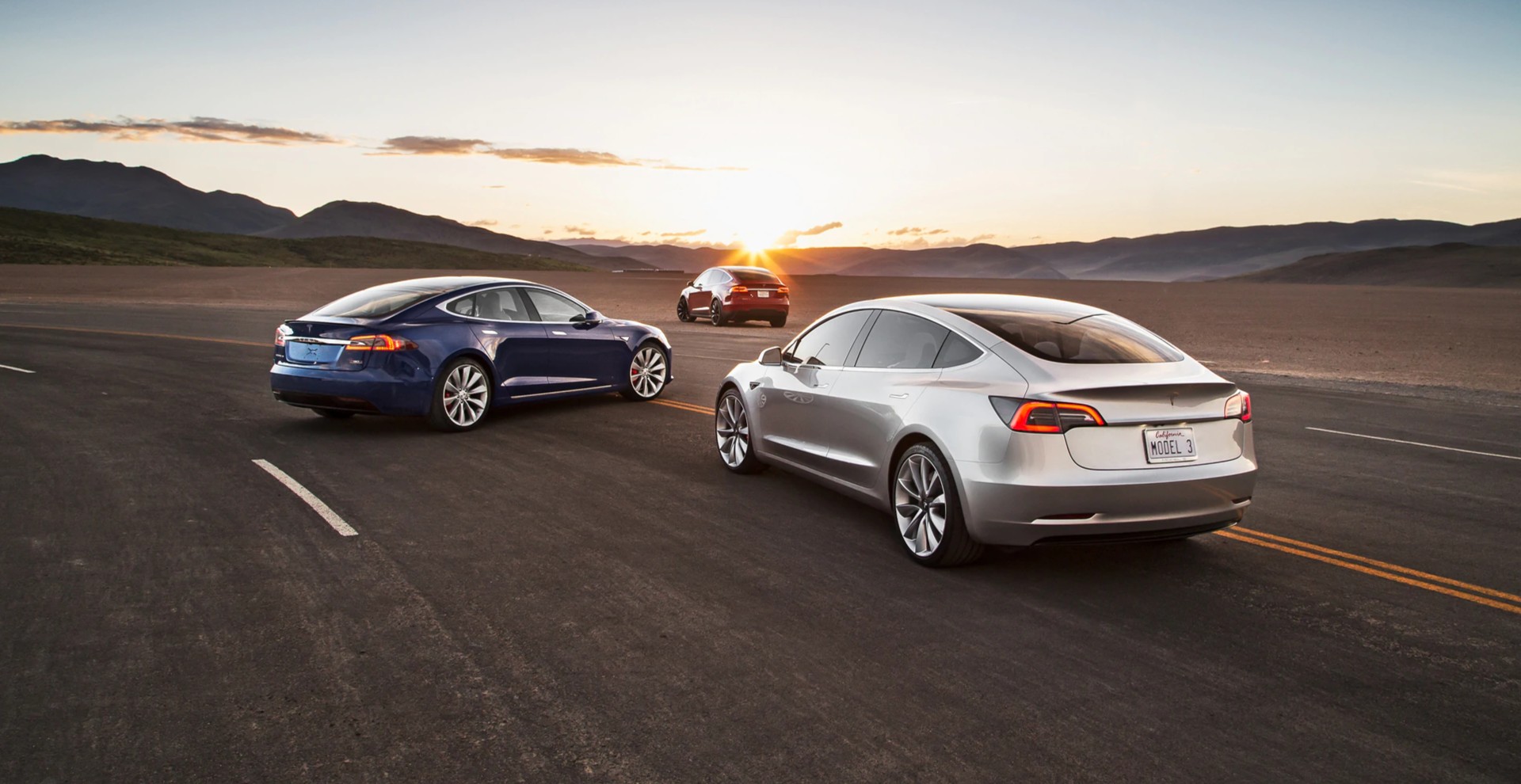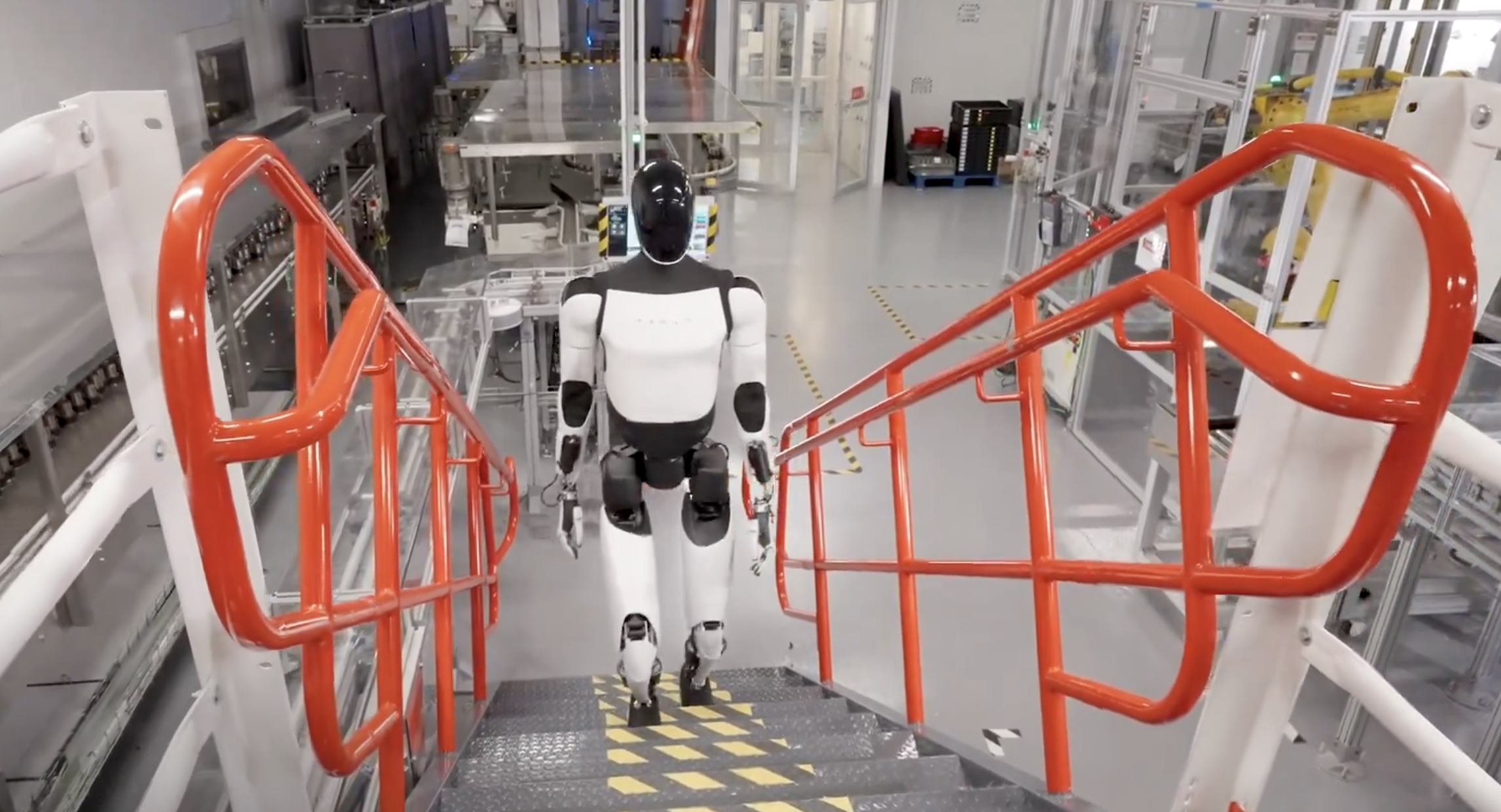

Investor's Corner
Tesla’s competitors are realizing that making good electric cars is not so easy
For years, Tesla (NASDAQ:TSLA) critics have argued that the electric car maker is nothing special, incompetent even, to the point where any other company, veteran or newcomer, could easily beat the Silicon Valley-based carmaker in their own game. Fast forward to November 2019, and it is starting to become evident that perhaps Tesla is not so easy to overtake after all.
Take NIO, for example, a company that is perceived as “China’s Tesla” several times in the past. Aggressive and ambitious, NIO was supported by TSLA critics as a rival that has the potential to beat the American electric car maker at its own game. Yet, inasmuch as the greater part of 2019 was cruel to Tesla, so was it difficult for NIO.
Over the past few months, NIO was hit by a perfect storm including a reduction of government subsidies, trade war uncertainties, and what appears to be decreasing demand in its home country. This has resulted in NIO cutting over 2,000 jobs to optimize its operations. Its shares, which are publicly traded just like TSLA stock, have also plummeted.
One could argue that NIO is encountering difficulties since it is still a young company. But even veteran automakers are also running into issues with their respective EV programs. Take the Volkswagen Group’s Audi, for example. The Audi e-tron is a well-reviewed premium electric vehicle with a price that is comparable to the Model X, but it features over 100 miles less range from a battery that is nearly as big as the pack in Tesla’s SUV. Audi’s recall of half of all e-trons sold since the vehicle was launched due to a fire risk further highlights the difficulty of the EV market.
Even Jaguar with the award-winning I-PACE was no exception. The I-PACE is quite the darling of the motoring industry, having swept over 60 awards since its release. Yet, even the stunningly-designed vehicle is seeing its sales decline, and owners are reporting issues such as less-than-expected range. Similar to the Audi e-tron, the I-PACE was also hit by a recall last June due to issues with its regenerative braking system, which could increase the risk of collisions.
Among the veterans, Porsche appears to be the one that is doing the best. The Taycan is well-received by both the pro and anti-Tesla community, but even the track-capable monster from Stuttgart struggles with range and its price. The Taycan is every bit the monster that the sports car maker promised, but the vehicle’s range falls far below the 310 miles that were expected years before its release. Its price has also ballooned, with a well-equipped Taycan Turbo S setting buyers back far above the $200,000 range.
The difficulty of the electric car industry could not be highlighted better than Dyson, a British company that made its mark through its innovative, premium fans and vacuum cleaners. Dyson attempted to enter the EV market, but after spending $1.3 billion, the company decided to abandon its efforts, deeming the initiative as commercially unviable.
Seeing all these challenges, one can almost see why Tesla CEO Elon Musk has described Tesla as an exercise in insanity. A company with nothing but a prototype sports car and an ambition to take on the auto industry in pre-2008 recession America, after all, could only be described as either courageous or absolutely crazy. Yet, beyond all the trials and tribulations, Tesla remains standing, and it is now positioned to lead in the EV market.
It took a lot of close calls, brushes with potential death, and Elon Musk’s self-inflicted wounds, but it is starting to become evident that maybe, just maybe, Tesla’s long-term bet is finally paying off. In the emerging EV era, it would be difficult to catch a company that has its own rapid charging network, battery technology, a habit of constant software upgrades, and an ecosystem of vehicles and energy products that highlight a key goal — to accelerate the world’s transition to sustainable energy.
Investor's Corner
Tesla could save $2.5B by replacing 10% of staff with Optimus: Morgan Stanley
Jonas assigned each robot a net present value (NPV) of $200,000.

Tesla’s (NASDAQ:TSLA) near-term outlook may be clouded by political controversies and regulatory headwinds, but Morgan Stanley analyst Adam Jonas sees a glimmer of opportunity for the electric vehicle maker.
In a new note, the Morgan Stanley analyst estimated that Tesla could save $2.5 billion by replacing just 10% of its workforce with its Optimus robots, assigning each robot a net present value (NPV) of $200,000.
Morgan Stanley highlights Optimus’ savings potential
Jonas highlighted the potential savings on Tesla’s workforce of 125,665 employees in his note, suggesting that the utilization of Optimus robots could significantly reduce labor costs. The analyst’s note arrived shortly after Tesla reported Q2 2025 deliveries of 384,122 vehicles, which came close to Morgan Stanley’s estimate and slightly under the consensus of 385,086.
“Tesla has 125,665 employees worldwide (year-end 2024). On our calculations, a 10% substitution to humanoid at approximately ($200k NPV/humanoid) could be worth approximately $2.5bn,” Jonas wrote, as noted by Street Insider.
Jonas also issued some caution on Tesla Energy, whose battery storage deployments were flat year over year at 9.6 GWh. Morgan Stanley had expected Tesla Energy to post battery storage deployments of 14 GWh in the second quarter.
Musk’s political ambitions
The backdrop to Jonas’ note included Elon Musk’s involvement in U.S. politics. The Tesla CEO recently floated the idea of launching a new political party, following a poll on X that showed support for the idea. Though a widely circulated FEC filing was labeled false by Musk, the CEO does seem intent on establishing a third political party in the United States.
Jonas cautioned that Musk’s political efforts could divert attention and resources from Tesla’s core operations, adding near-term pressure on TSLA stock. “We believe investors should be prepared for further devotion of resources (financial, time/attention) in the direction of Mr. Musk’s political priorities which may add further near-term pressure to TSLA shares,” Jonas stated.
Investor's Corner
Two Tesla bulls share differing insights on Elon Musk, the Board, and politics
Two noted Tesla bulls have shared differing views on the recent activities of CEO Elon Musk and the company’s leadership.

Two noted Tesla (NASDAQ:TSLA) bulls have shared differing views on the recent activities of CEO Elon Musk and the company’s leadership.
While Wedbush analyst Dan Ives called on Tesla’s board to take concrete steps to ensure Musk remains focused on the EV maker, longtime Tesla supporter Cathie Wood of Ark Invest reaffirmed her confidence in the CEO and the company’s leadership.
Ives warns of distraction risk amid crucial growth phase
In a recent note, Ives stated that Tesla is at a critical point in its history, as the company is transitioning from an EV maker towards an entity that is more focused on autonomous driving and robotics. He then noted that the Board of Directors should “act now” and establish formal boundaries around Musk’s political activities, which could be a headwind on TSLA stock.
Ives laid out a three-point plan that he believes could ensure that the electric vehicle maker is led with proper leadership until the end of the decade. First off, the analyst noted that a new “incentive-driven pay package for Musk as CEO that increases his ownership of Tesla up to ~25% voting power” is necessary. He also stated that the Board should establish clear guidelines for how much time Musk must devote to Tesla operations in order to receive his compensation, and a dedicated oversight committee must be formed to monitor the CEO’s political activities.
Ives, however, highlighted that Tesla should move forward with Musk at its helm. “We urge the Board to act now and move the Tesla story forward with Musk as CEO,” he wrote, reiterating its Outperform rating on Tesla stock and $500 per share price target.
Tesla CEO Elon Musk has responded to Ives’ suggestions with a brief comment on X. “Shut up, Dan,” Musk wrote.
Cathie Wood reiterates trust in Musk and Tesla board
Meanwhile, Ark Investment Management founder Cathie Wood expressed little concern over Musk’s latest controversies. In an interview with Bloomberg Television, Wood said, “We do trust the board and the board’s instincts here and we stay out of politics.” She also noted that Ark has navigated Musk-related headlines since it first invested in Tesla.
Wood also pointed to Musk’s recent move to oversee Tesla’s sales operations in the U.S. and Europe as evidence of his renewed focus in the electric vehicle maker. “When he puts his mind on something, he usually gets the job done,” she said. “So I think he’s much less distracted now than he was, let’s say, in the White House 24/7,” she said.
TSLA stock is down roughly 25% year-to-date but has gained about 19% over the past 12 months, as noted in a StocksTwits report.
Investor's Corner
Cantor Fitzgerald maintains Tesla (TSLA) ‘Overweight’ rating amid Q2 2025 deliveries
Cantor Fitzgerald is holding firm on its bullish stance for the electric vehicle maker.

Cantor Fitzgerald is holding firm on its bullish stance for Tesla (NASDAQ: TSLA), reiterating its “Overweight” rating and $355 price target amidst the company’s release of its Q2 2025 vehicle delivery and production report.
Tesla delivered 384,122 vehicles in Q2 2025, falling below last year’s Q2 figure of 443,956 units. Despite softer demand in some countries in Europe and ongoing controversies surrounding CEO Elon Musk, the firm maintained its view that Tesla is a long-term growth story in the EV sector.
Tesla’s Q2 results
Among the 384,122 vehicles that Tesla delivered in the second quarter, 373,728 were Model 3 and Model Y. The remaining 10,394 units were attributed to the Model S, Model X, and Cybertruck. Production was largely flat year-over-year at 410,244 units.
In the energy division, Tesla deployed 9.6 GWh of energy storage in Q2, which was above last year’s 9.4 GWh. Overall, Tesla continues to hold a strong position with $95.7 billion in trailing twelve-month revenue and a 17.7% gross margin, as noted in a report from Investing.com.
Tesla’s stock is still volatile
Tesla’s market cap fell to $941 billion on Monday amid volatility that was likely caused in no small part by CEO Elon Musk’s political posts on X over the weekend. Musk has announced that he is forming the America Party to serve as a third option for voters in the United States, a decision that has earned the ire of U.S. President Donald Trump.
Despite Musk’s controversial nature, some analysts remain bullish on TSLA stock. Apart from Cantor Fitzgerald, Canaccord Genuity also reiterated its “Buy” rating on Tesla shares, with the firm highlighting the company’s positive Q2 vehicle deliveries, which exceeded its expectations by 24,000 units. Cannacord also noted that Tesla remains strong in several markets despite its year-over-year decline in deliveries.
-

 Elon Musk2 weeks ago
Elon Musk2 weeks agoTesla investors will be shocked by Jim Cramer’s latest assessment
-

 Elon Musk2 days ago
Elon Musk2 days agoxAI launches Grok 4 with new $300/month SuperGrok Heavy subscription
-

 Elon Musk4 days ago
Elon Musk4 days agoElon Musk confirms Grok 4 launch on July 9 with livestream event
-

 News1 week ago
News1 week agoTesla Model 3 ranks as the safest new car in Europe for 2025, per Euro NCAP tests
-

 Elon Musk2 weeks ago
Elon Musk2 weeks agoA Tesla just delivered itself to a customer autonomously, Elon Musk confirms
-

 Elon Musk1 week ago
Elon Musk1 week agoxAI’s Memphis data center receives air permit despite community criticism
-

 News2 weeks ago
News2 weeks agoXiaomi CEO congratulates Tesla on first FSD delivery: “We have to continue learning!”
-

 Investor's Corner2 weeks ago
Investor's Corner2 weeks agoTesla gets $475 price target from Benchmark amid initial Robotaxi rollout














